
AML-HELAS (2020-2025)
Advanced Machine/Deep Learning for Heterogeneous Large scale DataThis Chair, supported by the ANR and the industrial partners MAIF and LINAGORA and will be devoted to research and training in the area of advanced deep learning methods for graph and NLP with an emphasis on French linguistic resources.
Topic of interest in the chain include:
- Learning Graph Representations In the past years, the amount of graph-structured data has grown steadily in a wide range of domains, such as in social networks and in bioinformatics. Learning useful graph representations is at the core of many real-world applications. Graph Neural Networks (GNNs) have recently emerged as a general framework for addressing graph-related machine learning tasks. These networks have demonstrated strong empirical performance, and some recent studies have made attempts to formally characterize their expressive power.
- Advanced deep learning methods for NLP applications for French linguistic resources In this research activity we are going to elaborate on our previous research results and extend them for in the context of Deep Learning for Spoken Language Understanding and summarization producing relevant linguistic resources for the French Language. An initial effort with French word embeddings is here.
Supporting Organizations:
ANR-Project XTCOVIF (2020-21)
Exploring Twitter streams for Social and Economic impact of COVID in FranceIn this project, supported by the ANR, we study the social and economic impacts of COVID-19 using data obtained from social media.We focus on 6 different societal issues related to the outbreak of COVID-19, namely (1) people’s sentiments and emotions, (2) the decline of tourism, (3) the trust that citizens show in governments, (4) the evolution of language, (5) the increase in racism and xenophobia, and (6) the impact of COVID-19 on population mobility.
The project will provide significant socio-economic contributions. Specifically, the outcomes of the proposed research could be valuable in policy planning and management, allowing the French government to gain a clearer picture of the situation and adopt better measures for the prevention of infection as well as for improving citizens’ well-being. Certainly, these tools and results will be useful in the case of a second wave of the pandemic. Τhe project will also create valuable resources which will allow researchers and policymakers to study the COVID-19 crisis from a social perspective and to analyze the human behavior and information spreading during the pandemic.
For more information click here
AXA (2015-2018)
This Chair, supported by the Foundation of Polytechnique, was devoted to research and education in science and supported research conducted in the laboratories of the X and reinforce lessons providing students with concrete case studies.
For more information click here
DIGITEO (2010-2012)
Professor Vazirgiannis currently held a DIGITEO Chair for the period 2010-2012 funded by the DIGITEO alliance. The objective of the project was to conduct state of the art research in the areas of data mining and machine learning for the Web 2.0.
Project Summary: Web 2.0 prevails in the last years as a platform that enables and harnesses novel features such as user contribution (reviews, comments), collective intelligence (PageRank, folksonomies, popularity), community and sense of ownership, the building of social networks, rich user interface, while it functions like a traditional application. We witness new forms of participation in the creation exchange and aggregation of content that present different requirements than traditional static Web content; furthermore, the Web is more and more used as a support for applications that have their own information logic, such as social networks, wikis, blogs, not to mention office cloud-based application (like Google Docs). Given the huge and continuous change pace, it is becoming increasingly harder to make a current state available to the users in terms of searching/aggregation mechanisms. On the other hand predictions in this context are becoming increasingly important from the economic point of view as well - for instance social network users or web pages that will become important are attractive targets for marketing actions.
The overall objective of the proposed project is mining and learning from the large scale and dynamically evolving data and graphs generated in the Web 2.0 context. We seek to understand the structure and dynamics of a Web 2.0 information collection (using the Web graph and social networks as use cases) and to learn how to predict future properties and behavior based on its past evolution. We focus on the users and the content of the evolving Web 2.0 collections taking into account temporal evolution towards valid rankings.
The expected benefits of the project are dual. On the one hand the methodological aspects including integration and extension of advanced learning methods in the challenging context of Web 2.0 data. On the other hand the concrete resulting innovative methods will be integrated in the function of the Web or Telecoms industry.
Supporting Organizations:- LIX, Ecole Polytechnique
- TeleCom Paris Tech - DBWEB group
- UVSQ (Univ. of Versailles) - B. Nguyen
- Exalead S.A.
